Published
- 03:00 am

Virgin Money is partnering with BrightHR, the award-winning multi-service HR platform, to provide its small business customers with support in managing all their HR and health & safety needs.
The bank's offering to business current account customers is being transformed with its improved digital proposition, which will offer services - such as BrightHR - to help customers run their businesses successfully.
BrightHR’s software provides business support to help businesses manage their employee data, absences, staff holidays, rotas, shifts, and training, all in one secure and easy-to-use digital platform. They also offer employment law advice, health & safety support and employee wellbeing services.
Alan Price, CEO, BrightHR, commented: “We’re here to champion small businesses, and we’re committed to providing employers with all the software and tools they need to take their business to the next level. Nobody sets up a business to manage HR, yet employers are spending hours away from the jobs they love on endless HR admin.
“Partnering with Virgin Money is key to that commitment. We’re delighted to have been selected by Virgin Money to bring these services to their customers. It is the perfect way to demonstrate just how much time and money businesses can save by managing HR processes digitally.”
Graeme Sands, Head of Business Lending & Products at Virgin Money, said: “This new partnership with BrightHR offers a service that will provide real value to our customers. We understand how much time goes into administration when managing a small business. BrightHR’s award-winning service will help our small business customers streamline and simplify their processes, cutting down on paperwork and helping to take things digital.”
Related News
- 06:00 am
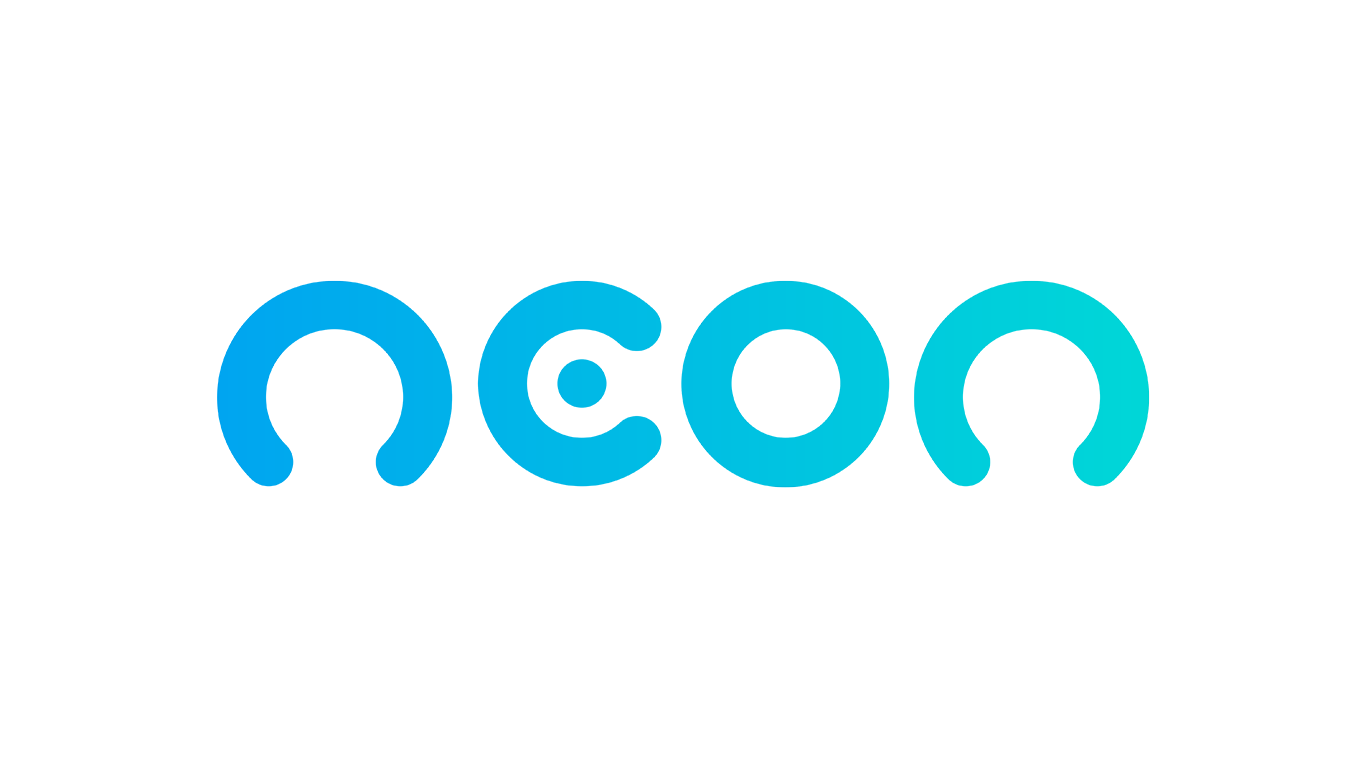
Brazilian digital banking FinTech firm Neon on Thursday (July 21) announced that it has raised $80 million in its first Credit Rights Investment Fund (FIDC) focused on credit cards, increasing the total fund to $170 million, a number that is expected to double, according to a press release.
Asset management platform Empírica is charged with managing the new fund, the release noted.
“The funding endorses the strength and positive history that we have been building in the management of the credit portfolio over the last few years,” said Jamil Marques, Neon’s chief financial officer. “Today our credit engine is mature and the FIDC resources will give us the strength to continue expanding our portfolio in a sustainable and balanced way in the med-long term.
“The focus continues to be on the Brazilian worker, and always with the mission to reduce inequalities by building paths to credit.”
Earlier this year, Neon raised more than $40 million for its private payroll deductible Credit Rights Investment Fund.
“We are excited about this partnership that began on the first months of the year as a one-off investment in another Neon FIDC, focused on private payroll loans,” Giuliano Longo, managing partner of business expansion at Empírica, said in the release. He noted that Empírica might increase its investment as the fund grows.
“Based on this good experience, we expanded our relationship to take over the management of the credit card fund,” Longo continued. “The intention is to bring more comfort and security to investors, including ourselves who, via funds of funds managed by us, contributed a total of $20 million US to Neon. This shows an alignment of interests with the other investors in this fund.”
Earlier this week, PYMNTS wrote that British embedded banking FinTech firm BankiFi landed in North America with the debut of BankiFi Americas, a move that supports the digitization and payment modernization requirements of small- to medium-sized businesses (SMBs).
Related News
- 06:00 am
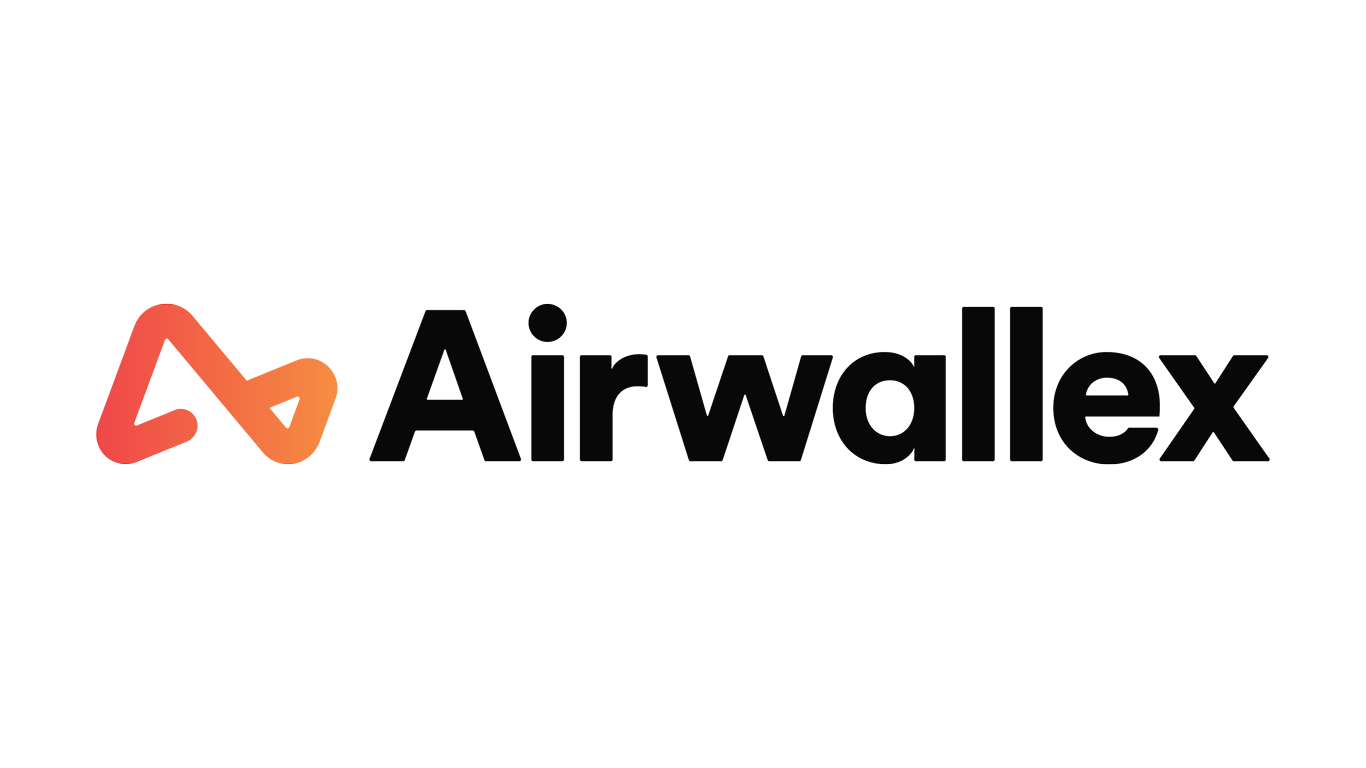
Visa is reportedly in talks to contribute to a funding round for FinTech startup Airwallex, according to people familiar with the matter.
Sources told Bloomberg that Airwallex’s goal is to raise $100 million to $150 million in an extension for its Series E round, per a report Wednesday (July 20).
Airwallex provides cross-border end-to-end payments and collections solutions for customers. FinTech, which has raised around $800 million thus far, is also reportedly considering an initial public offering (IPO) that could come as soon as 2024.
The discussions with Visa are still happening, and there’s no agreement reported as of press time. A Visa spokesperson told PYMNTS the company is not a current investor in Airwallex but did not comment further.
Bloomberg noted that the company has already raised $100 million in a previous round in November, from investors that included Lone Pine Capital and Sequoia Capital China. At that time, its total fundraising round hit around $300 million, and its total value at the time was $5.5 billion.
The extension round is purported to value Airwallex at the same level, but there are no final decisions made yet, and the details may change later. Airwallex did not reply to a request for comment at press time.
PYMNTS reported last month that Airwallex also recently rolled out global payment options for New Zealand, providing businesses with international collections, multi-currency wallets and local payouts for over 30 currencies.
The rollout also aims to give businesses a better, cheaper and quicker alternative to legacy financial institutions’ programs, the company said.
Airwallex said businesses would soon have access to the full Airwallex suite as it’s rolled out over time, including corporate and employee cards in multiple currencies, spend management and online payment capabilities.
“Our entry into the New Zealand market is something our customers have been requesting for some time; businesses tell us they have been deterred from reaching their full potential in this market due to the complexity of making international payments or trading across borders,” Sam Kothari, head of growth for Airwallex ANZ, said at the time. “By providing local businesses with a single global financial platform, we aim to empower them to scale successfully, which is especially critical in this current economic environment.”
Related News
- 09:00 am
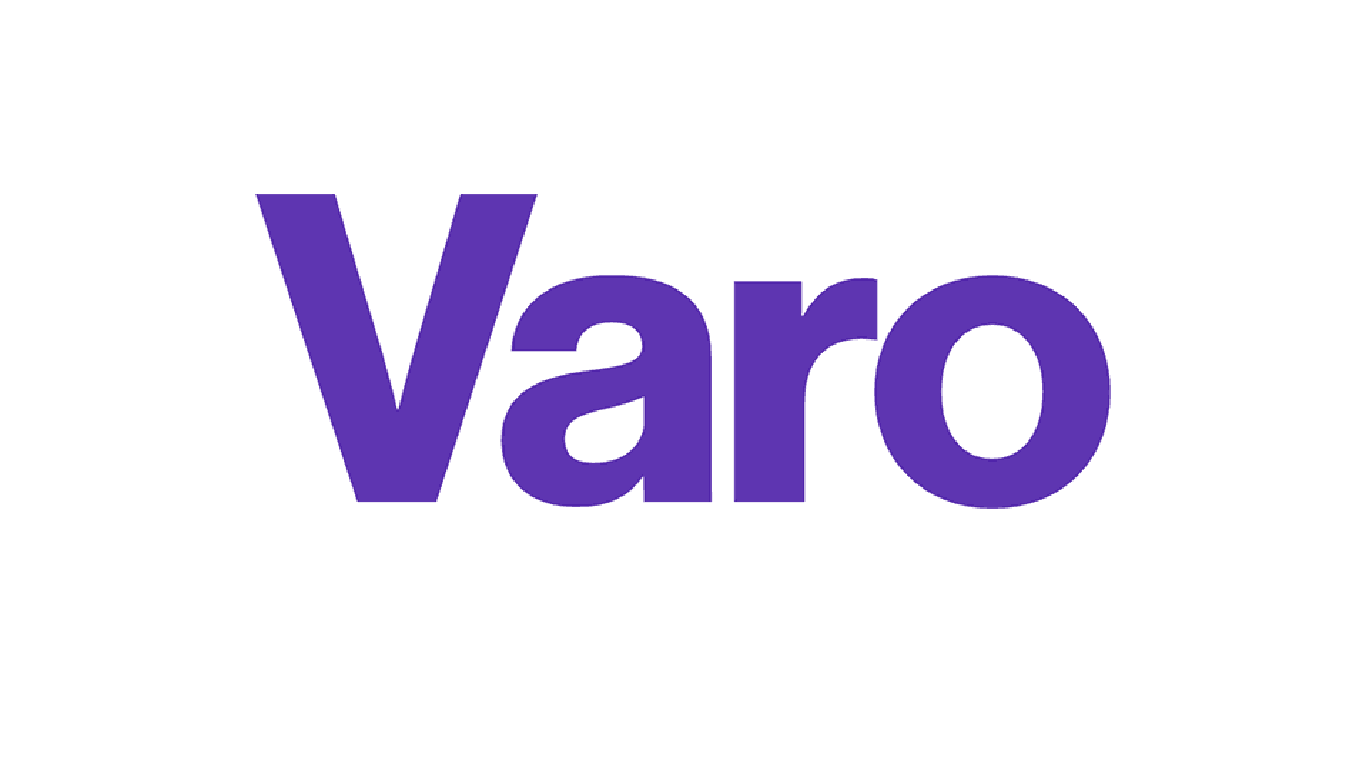
Varo Bank has become the latest fintech player to make job cuts, axing 75 positions as it looks to cut costs in the face of worsening economic conditions.
In a message to staff, CEO Colin Walsh says the cuts - which represent about 10% of Varo's workforce - are needed to make sure the firm has sufficient capital to "execute on our strategy and path to profitability".
After the fintech sector saw record investment totals in 2021, the appetite from venture capitalists to bet on fintech firms has cooled considerably this year. Varo joins a list of fintechs to conduct layoffs in recent months that includes Klarna, Bolt and Robinhood.
Varo in September raised a $510 million Series E round at a $2.5 billion valuation.
First-quarter filings with banking regulators showed Varo was burning through its capital quickly and risked running out of money by the end of the year, as first detailed in the Fintech Business Weekly newsletter. Walsh told Banking Dive that "we remain very well capitalized and have sufficient capital to reach profitability, without having to raise additional capital."
The company, founded seven years ago, is establishing a new business unit called Varo Tech, according to Walsh's announcement. The department will "bring together the technology, design, data and product functions under a single umbrella" to increase speed and reduce costs, Walsh said.
The company, through a spokesperson, declined to share further detail on what jobs are being cut through the layoffs.
Related News
- 07:00 am
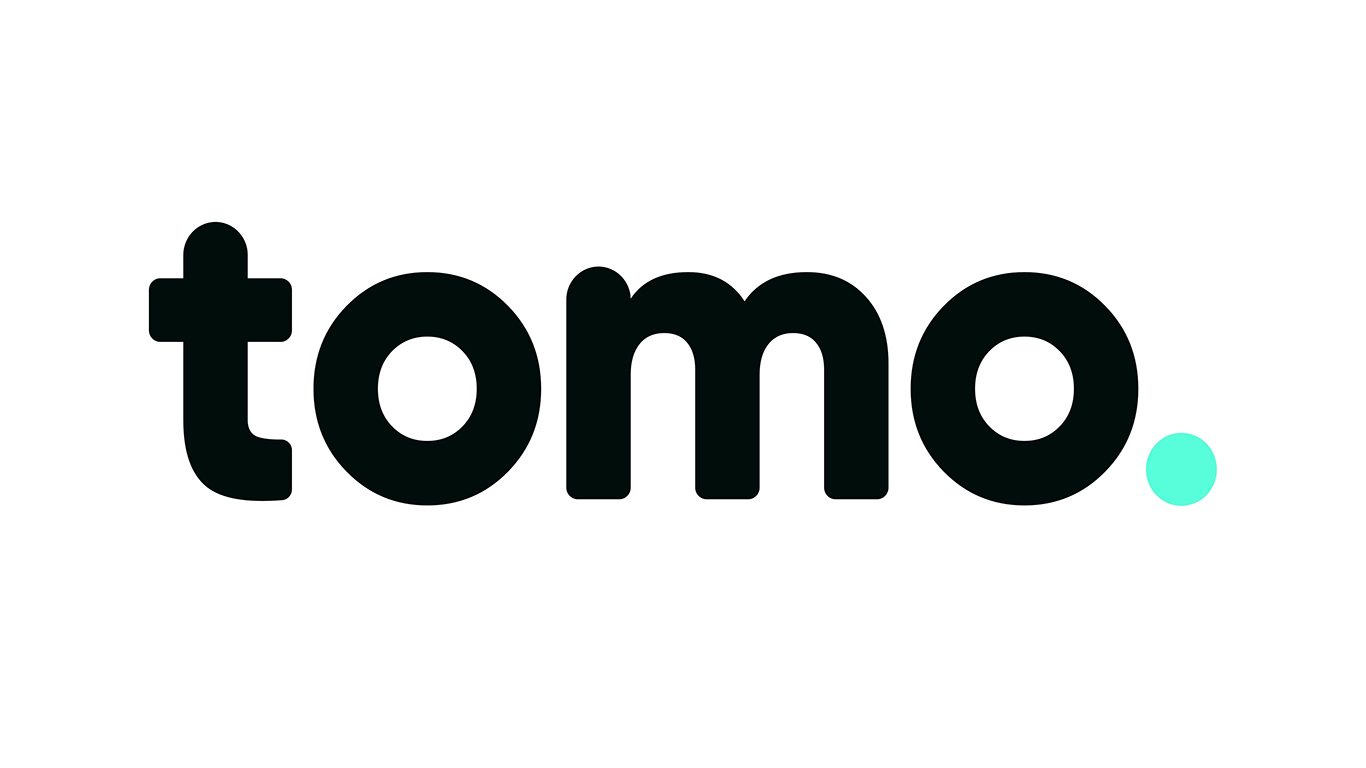
TomoCredit, the US startup behind a credit card designed to help first-time borrowers build a credit history, has raised $22 million in a Series B funding round joined by Morgan Stanley's Next Level Fund and Mastercard.
GoldHouse, Asian Hustle network and Hyphen Capital also joined the round, while Silicon Valley Bank has provided $100 million in debt financing.
Female, immigrant-founded TomoCredit is targeting the 40 million credit-invisible immigrants and international students with no credit history in the US.
Powered by Mastercard-owned open banking player Finicity, the firm's proprietary underwriting algorithm identifies high potential borrowers without a credit score. It then offers a credit card that requires no credit check, no deposit, no APR, and no fees.
With the new funding in place, the startup is set to expand into auto loans and mortgages.
Kristy Kim, COE, TomoCredit, says: "As a first-generation South Korean immigrant, I wanted to help immigrant communities to reach their American Dream faster with TomoCredit."
Related News
- 03:00 am
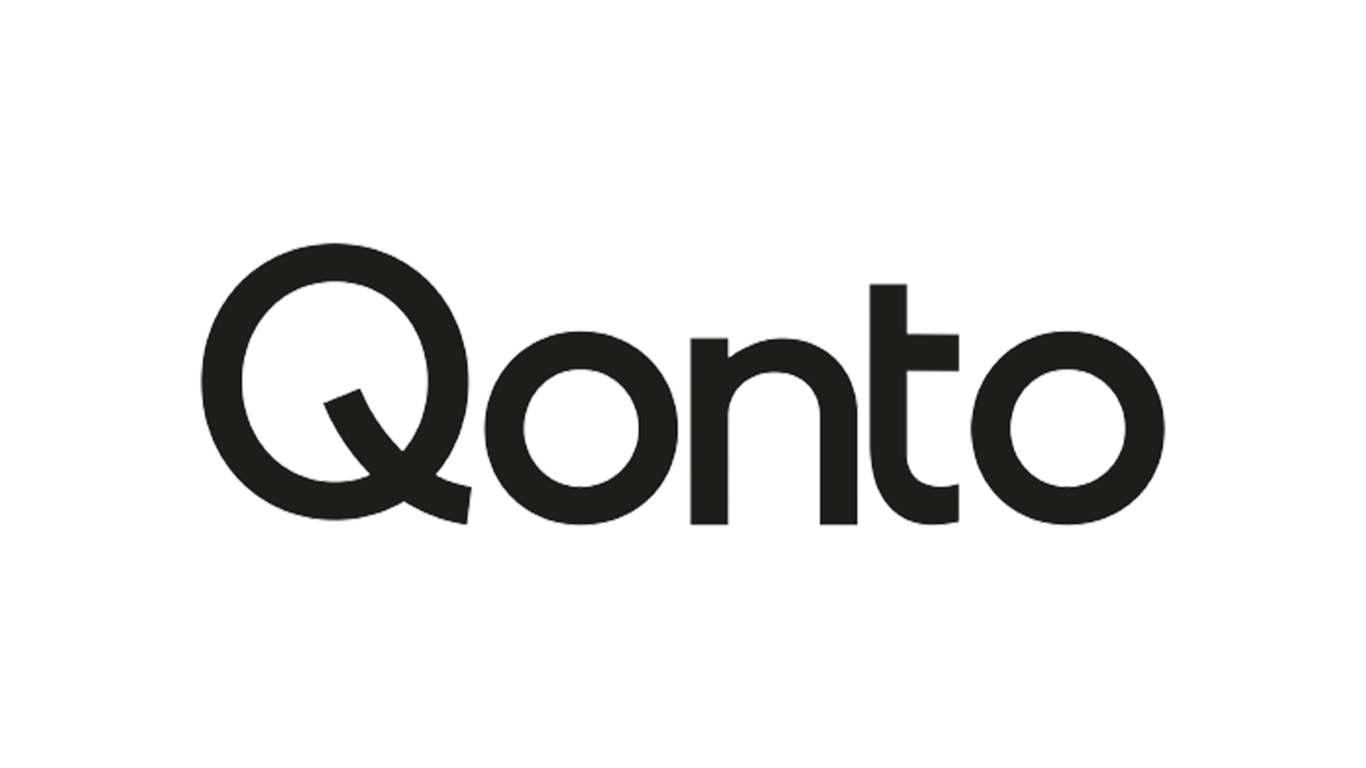
Qonto, an online payment solution targeted at freelancers and SMEs, has announced its intention to acquire German fintech, Penta. The deal is expected to close within the next few weeks.
Qonto aims to combine its wider reach and core banking system with Penta’s knowledge of the German market. Both companies have ambitions to create higher-value products for their users and expand their markets.
Penta is an emerging neobank for freelancers, sole proprietors, and SMEs, and Qonto views its acquisition as the next logical step in strengthening the direction of its digital banking solutions in Europe. Both firms were founded in 2017, tracking impressive growth since inception. In 2021, Qonto achieved 170% YoY customer growth.
Alexandre Prot, Qonto CEO, commented: “When Steve Anavi and I founded Qonto in 2016, we had the ambitious goal of simplifying everyday banking for SMEs and freelancers across Europe. Today, we’re already present in four European markets and, while I’m very proud of what we’ve achieved so far, we want to go even further: the natural next step was to join forces with Penta. We are thrilled to welcome the Penta team onboard. Together we’re going to be the finance solution of choice for one million European SMEs and freelancers by 2025!”
Markus Pertlwieser, CEO of Penta, stated: "Lukas Zörner and his co-founders have written a real fintech success story. With the combination of increasing customer numbers and rising revenues, we have gained even more substance in the past 18 months. We are very excited that we now have the chance to actively shape digital banking for business customers in Europe as a team with Qonto."
In April 2022, Qonto raised €5 million in a crowdfunding campaign with a goal of only €1 million to gain shareholders and develop their product. In May, the company partnered with cryptobank Coinhouse to provide SMEs and freelancers with the opportunity to invest in digital assets.
Related News
- 04:00 am
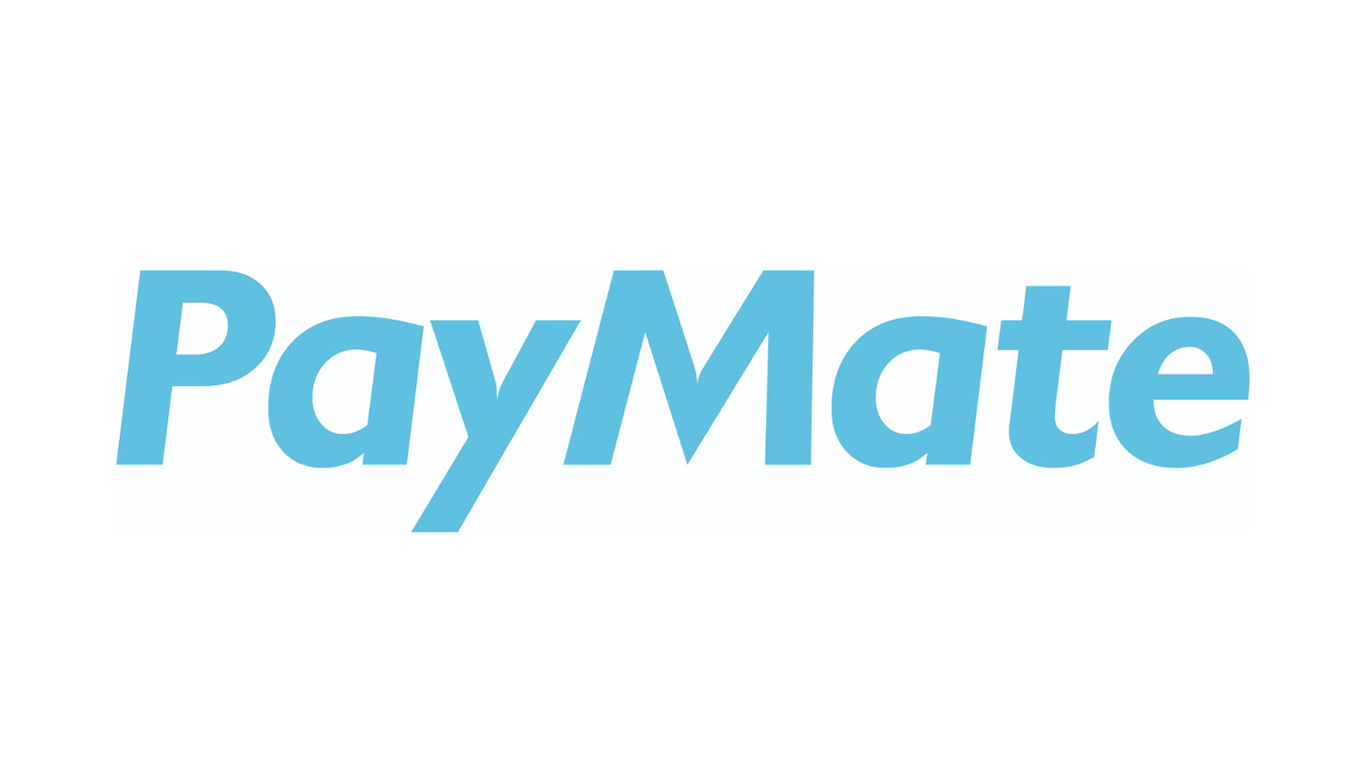
PayMate India Limited (“PayMate”), a leading B2B payments and services provider that digitizes, automates, and streamlines business-to-business (B2B) payments in supply chains, has integrated the capability to make utility bill payments using commercial credit cards as a new feature on its platform.
PayMate’s customers and users can make utility bill payments such as landline bills, electricity bills, water bills, and broadband bills, among others along with their other statutory and vendor payments.
Speaking on this, Ajay Adiseshan, Managing Director and Chairman, PayMate says “Due to the COVID-19 pandemic, businesses faced challenges with traditional methods of payments. By adding Utility bill payments on the PayMate platform, we have created yet another avenue for PayMate’s customers to use commercial credit cards; ultimately providing a fully integrated B2B payments stack to our customers.”
From April to December 2021, PayMate processed ₹22,467.92 million of direct tax payments and ₹99,929.67 million of GST payments on its platform through commercial credit cards, while the overall commercial credit card-processing TPV increased from ₹187,142.31 million in Fiscal 2021 to ₹464,766.45 million. As of December 31, 2021, the total number of Customers and Users using the PayMate platform is 166,811.
PayMate is also a Visa-certified Business Payment Solution Provider (BPSP) in the UAE and is also aiming to expand into other parts of Central Europe, the Middle East and Africa (“CEMEA”) region. PayMate has a relationship with Visa, pursuant to which Visa facilitates introductions of PayMate to Visa issuing financial institution partners, and PayMate will ensure that commercial credit cards processed through PayMate’s system are Visa cards for certain international territories agreed with Visa.
Related News
- 01:00 am

The insurtechs Next and Thimble recently announced layoffs of part of their workforces, stating that the need to focus on profitability drove their decisions, per the Insurance Journal. Next CEO and co-founder Gary Goldstein also cited worsening economic conditions as a contributing factor to his firm’s reduction in force.
The bigger picture: In Q1 2022, insurtech funding fell 58% quarter over quarter to $2.2 billion, the worst level since Q2 2020. This challenging environment is pushing insurtechs to scale back their headcount, reversing the rapid growth strategy that has driven venture capital investors within the sector.
- Since the beginning of the year, Policygenius, Root, Coterie, and Bestow, just to name a few, have all cut back on staffing.
- As Goldstein wrote in his blog post announcing the changes at Next, "The way we are going to play to win in 2022 and beyond is very different from 2021.”
Although all insurers face rising claims costs amid supply chain shortages and rising inflation, insurtechs have it tougher than the longer-established providers that they once hoped to disrupt. Our report “The Era of Uncertainty: Insurance—How Insurers Can Turn Gathering Headwinds Into Opportunities” delves into why legacy insurers are better positioned to weather the storm—particularly if they continue pushing an innovation agenda that can help them close the tech gap with their harder-hit insurtech competitors.
Both cohorts will be mindful of their budgets and the mantra: "Do more with less."
- Our forecasts show digital advertising by insurers growing at a slower pace of 15.0% in 2022—compared with a 24.4% growth last year—to reach $12.0 billion.
- Insurers will seek a higher return on their marketing and advertising investments through greater efficiency, prioritizing segmentation and targeting precision to reach the right clients at the right time, when they are likely to purchase insurance.
- Insurtechs pushed to demonstrate a clear path to profitability will continue their cost-cutting moves—including further layoffs—and will double down on profitable customer segments and geographies.
- Another popular insurtech strategy will be pivoting from a B2C to a B2B or a B2B2C model. This is already happening in the banking sector, where neobanks like Starling have prioritized promoting their banking as a service solution.
- For incumbents, the insurtech threat will become a buying opportunity as valuations drop and some firms run out of cash.
Insurers will look at lower-cost distribution models—and insurtechs will redirect some of their budgets back to marketing in an effort to boost their mind share with consumers.
- Sales through direct channels will accelerate at the expense of costlier exclusive agent channels, and insurers will look for opportunities to embed insurance offerings in third-party platforms.
- Those insurtechs that slashed their marketing budgets during hard times and survived will once again revive their spending, seeking to build a strong and trusted brand.
Related News
- 08:00 am

Dual currency investment products are not new. They are commonly seen in traditional investment services combining financial instruments like derivatives and non-derivatives. However, the Europe-based FinTech platform YouHodler is taking an old wealth generation approach and reimagining it for the burgeoning industry of cryptocurrency.
Dual Asset is a new investment product that offers a “win-win” solution for investors with floating returns. It combines the yield generation strategies from decentralized finance (DeFi) with the simplicity of traditional FinTech platforms. The result is an easy-to-use product for everybody with returns as high as 365%.
Regarding DeFi, YouHodler CEO Ilya Volkov mentioned that “the yield generation strategies found on popular DeFi protocols are revolutionary for investors. But to this day, they still come with many barriers to entry and security concerns. As the bridge between traditional finance and cryptocurrency, we want to make a product that promises the same high yield as DeFi products but in a user-friendly, and reputable manner. Dual Asset achieves this.”
As a short-term investment product, Dual Asset allows clients to achieve high returns while managing their exposure. Unlike other competing platforms, YouHodler’s Dual Asset allows clients to choose from any combination of assets on the platform (e.g. BTC/USDT). Then, they choose the duration of their plan according to their risk appetite. No matter the outcome of the deal, investors always get their initial investment back plus a yield percentage depending on their chosen asset’s behaviour on the market.
Related News
- 09:00 am
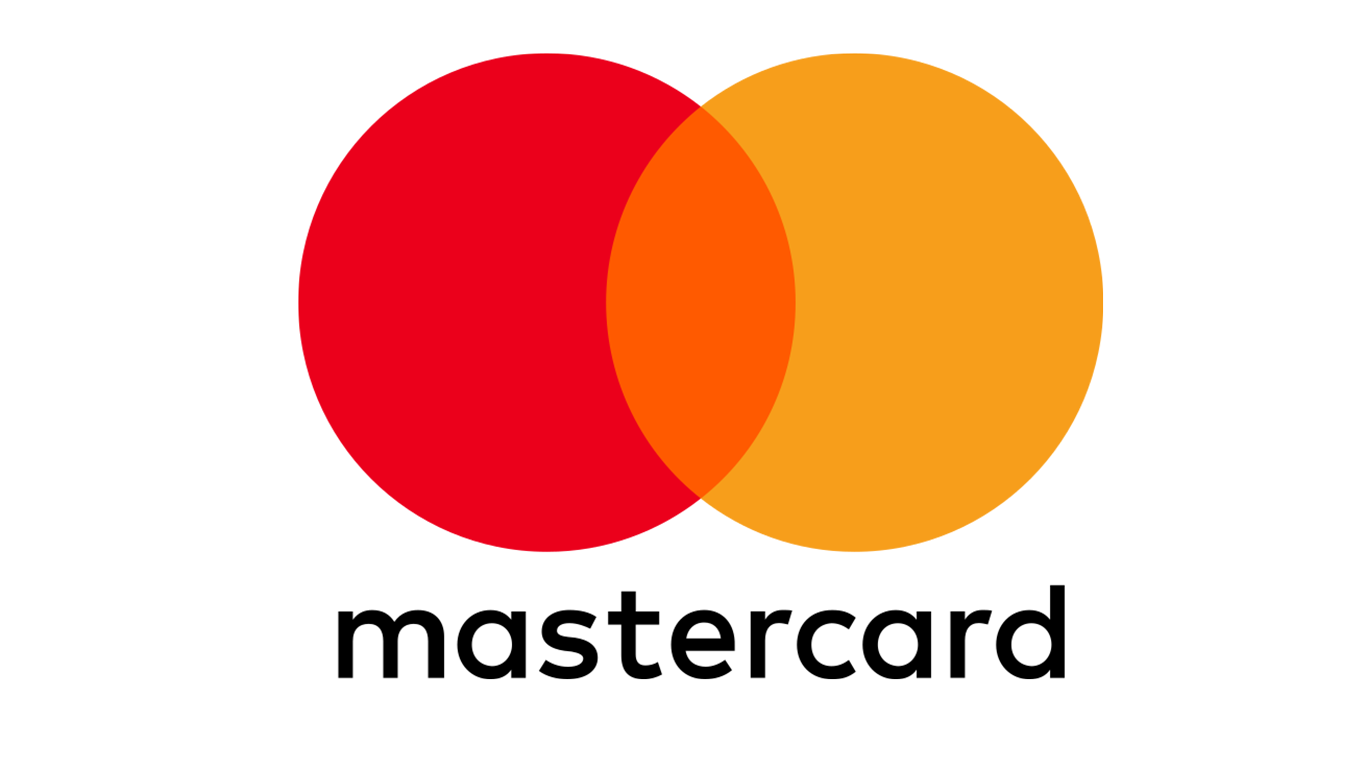
Mastercard today named Vivian Zhou as Corporate Treasurer, effective August 15, 2022. She succeeds Alfred Kibe, who will assume the role of CFO of Mastercard's North America region.
Zhou joins Mastercard from American Express, where she was most recently head of investor relations. During her 16-year tenure, Zhou held several leadership positions in global treasury, with responsibilities including balance sheet strategy and planning as well as oversight of the treasury department's global capital markets activities. Prior to joining American Express in 2006, Vivian worked at KPMG LLC in various roles of increasing responsibility.
"Vivian brings deep experience that is well-suited to supporting the execution of Mastercard's strategy," said Sachin Mehra, Chief Financial Officer. "We look forward to having her join the team and leveraging her experiences to drive our continued growth globally."
Zhou earned her MBA in finance and entrepreneurial management at the University of Pennsylvania's Wharton School of Business in Pennsylvania. She graduated Summa Cum Laude from Binghamton University.









